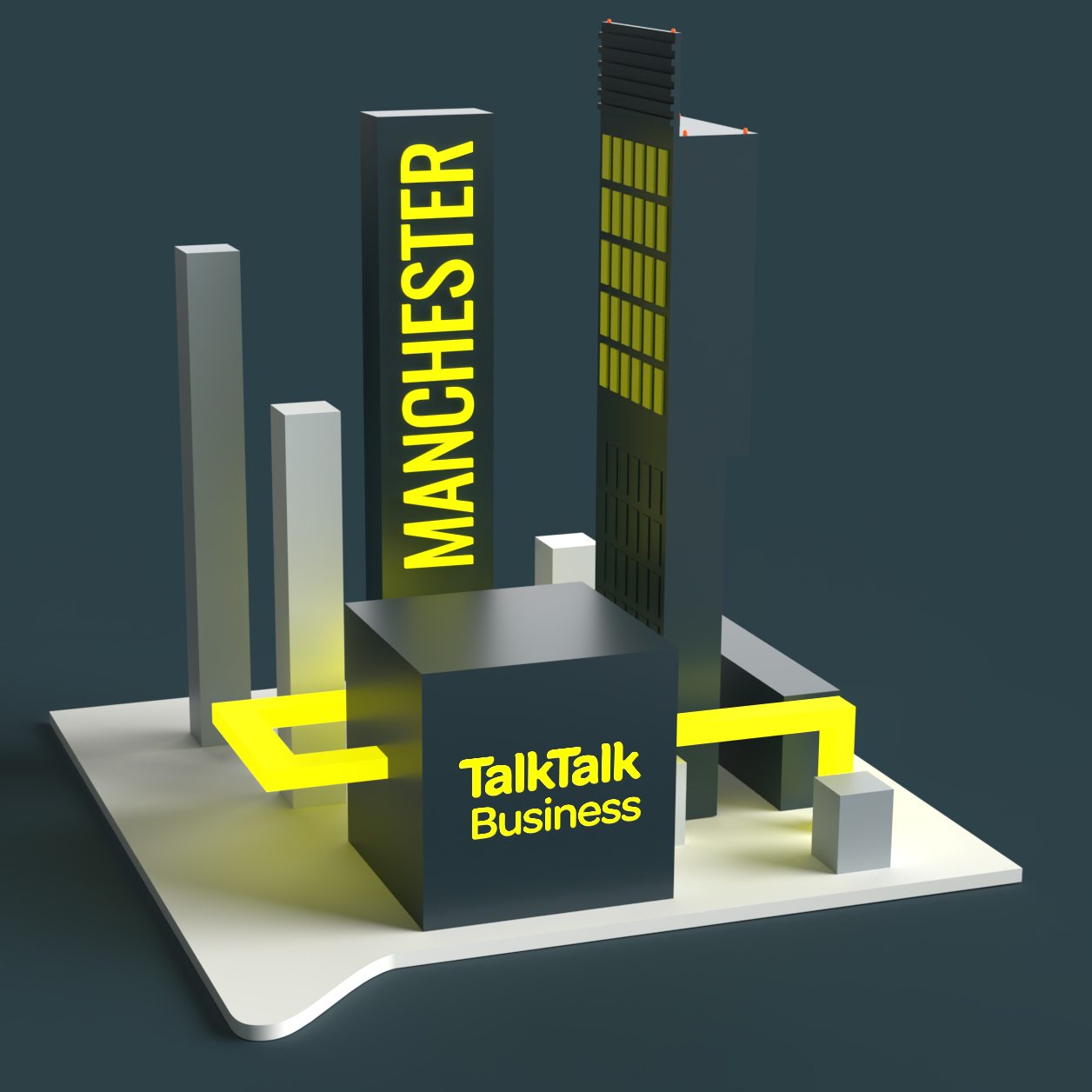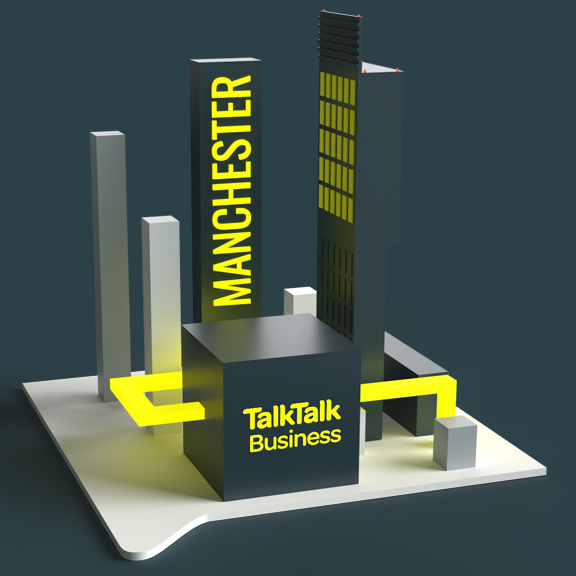We take pride in our principles This is who we are
Our business isn’t run by machines, and neither is yours. Our people make us proud. We naturally provide a more human connection.
We go above and beyond to keep you connected. We do what we say we’re going to do, when we say we’ll do it.
We know you want fast connectivity that just works, so we don’t waste time making you wade through jargon.
Connection - human and technological - is what the world needs more than ever. We’re ready to get started, whenever and wherever you are.


















